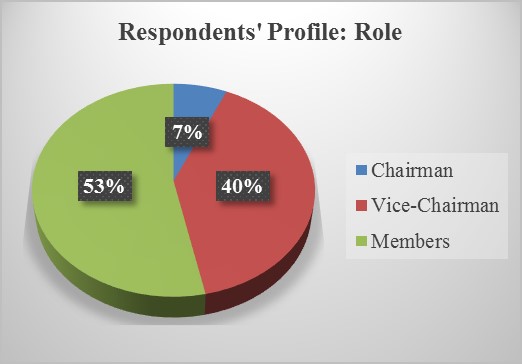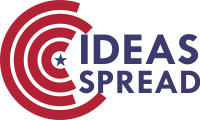Communication Skills in Handling Hoteliers' Grievances
Abstract
Communication skills in handling hoteliers’ grievances have been a great concern in hospitality industry. Hence, this descriptive research was conducted to assess the extent of communication skills of the respondents in handling grievances relative to commissive, declarative, expressive, and representative. It determined the demographic profile of the respondents in terms of age, gender, civil status, status of employment, position, and role of committee on grievances. It also determined if there was a significant difference on the respondents’ assessment of communication skills handling hoteliers’ grievances when grouped according to their profile. It was conducted to provide input to have effective communication skills in handling grievances. The researchers used descriptive research method in order to assess the communication skills in handling hoteliers’ grievances. There were no sampling techniques used in the study. The researchers limited their respondents to fifteen hoteliers and members of grievance committee. The survey questionnaire served as data gathering tool while frequency, weighted mean, and ANOVA were used to test the communication skills in handling grievances. The researchers found out that majority of the grievance committee members in the selected hotel establishments were in the age of 24-38, male, married employee with a regular permanent job. The study found out that there was no significant difference on the assessment of the respondents when they were grouped according to their profile. It further revealed communication skills of members in handling hoteliers’ grievances was highly observed. Based on the findings, the researchers proposed a course of action as input for effective communication skills in handling grievances.
Downloads
References
Adams, A., & Figueroa, J. (2013). Expediting settlement of employee grievances in the federal sector. Washington, D.C.: Office of the Chairman, Administrative Conference of the United States.
Anastasia. (2017). Effective Ways of Handling Employee Grievances. Retrieved on September 18, 2018 from https://www.cleverism.com/handling-employee-grievance/
Armstrong, T. (2008). The Human Odyssey Navigating the Twelve Stages of Life. New York, Sterling.
Dessler, G. (2013). Human Resource Management, ninth edition, Florida International University.
Flores, R. S. (2016). Oral Communication in Context. Rex Book Store, Inc.
Frost, S. (2008). Parenting and Education article.
Hartigan, J. (2013). 4 Steps to Handling Customer Complaints. Retrieved on September 23, 2018 from http://www.hotelnewsnow.com/Articles/17729/4-stepsto-handling-customer-complaints
Job Monkey. (2018). Types of Positions at Hotels. Retrieved on September 24, 2018 from http://www.jobmonkeyjobs.com
Kothari, C. R. (2008). Research Methodology: Methods and Techniques. New Delhi: New Age International Publishes.
Lee-Savage. (2010). Good Housekeeping: Coping with Complaints. Retrieved on September 26, 2018 from https://www.hotelmanagement network.com/features/feature94888/
Pathak, M. (2014). Benefits of Effective Communication in the Hotel Industry.
Robinson, I. (2010). Human Resource Management in Organization.
Sapungan, R. M., et al. (2018). Sociolinguistic Competence of Filipino Hotelier and Restaurateur Interns. International Linguistics Research, 1(2). ISSN 2576-2974 E-ISSN 2576-2982. https://doi.org/10.30560/ilr.v1n2p52
Searle, J. R. (1969). Speech Acts. Cambridge: Cambridge University Press. https://doi.org/10.1017/CBO9781139173438
Serkan, H. (2014). Survey on the Communication Skills that the College Students of School of Physical Education and Sports Perceived from the Teaching Staff.
Spelfogel, E. J. (2016). Workforce Management Issues in Mergers and Acquisitions. Retrieved on November 4, 2018 from https://www.hospitalitylaboremploymentlawblog.com/articles/hotels/
Stanrock, J. S. (2008). Education Psychology, 3rd Edition. New York: MC Graw Hill.
Stanrock, J. S. (2008). Grievance Committee Job Description. Retrieved on September 22, 2018 from http://www.rsar.net BylawsPolicies 9.8.11


This work is licensed under a Creative Commons Attribution 4.0 International License.
Copyright for this article is retained by the author(s), with first publication rights granted to the journal.
This is an open-access article distributed under the terms and conditions of the Creative Commons Attribution license (http://creativecommons.org/licenses/by/4.0/).









1.png)









1.png)











